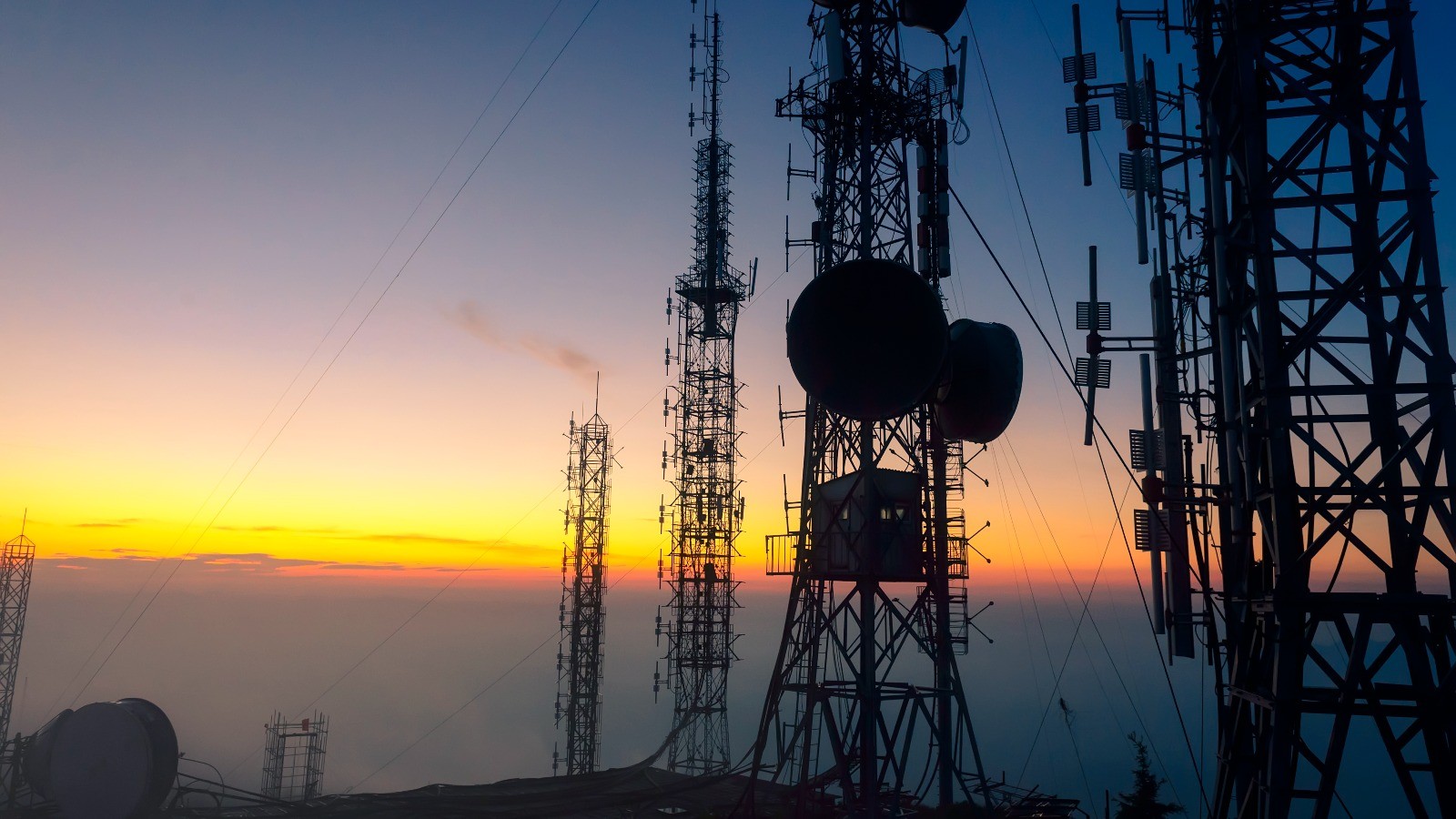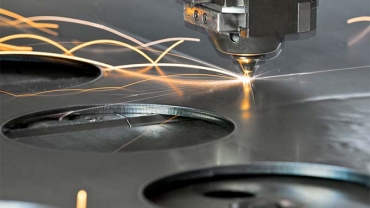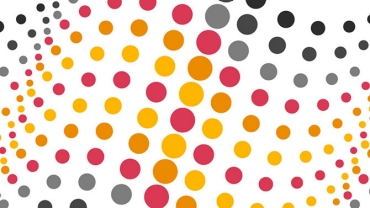
The first half of 2025 brought surprises to the business and investment community, which includes first and foremost, harsher than expected trade policy shifts by the US administration. Especially good producing industries like semiconductors are impacted heavily. Less so services including software, media, and entertainment. While these developments will impact deal making negatively in some areas, it might also increase investment in others to reduce dependencies from foreign countries.
In the first half of 2025, the Technology, Media, and Telecom (TMT) sector maintained its position as the most active industry in the German Mergers and Acquisitions (M&A) landscape, registering 263 deals.
It was closely followed by the Industrial Manufacturing sector with 229 transactions and the Consumer Markets sector, which saw 125 deals. Despite its leading position, the TMT sector experienced a slight decline in transaction numbers compared to both halve years of 2024, reflecting a general decrease in deal volumes across various industries. Nonetheless, the transaction volume continues to surpass levels seen in the years before the pandemic, suggesting that the decline means the market may be on a path to gradual normalization. Notably, there has been a sustained increase in the involvement of private equity (PE) investors in TMT sector M&A activity, with nearly 80% of acquisitions in this sector involving PEs during the first half of 2025, reinforcing ongoing trends.
Your expert for questions
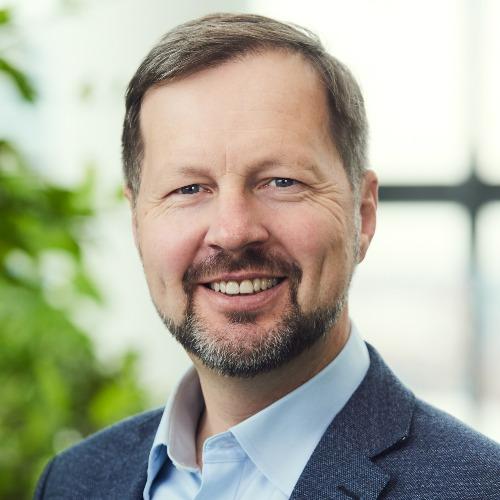
Gerald Schustereder
Partner Deals Transaction Services and German TMT Deals Leader
Tel: +49 89 5790-5541
Email
Technology
As in previous periods, Technology accounts for the vast majority of deals in H1 2025, with 236 transactions, compared to 20 in Media and Entertainment and only a few in Telecommunications. With such a large number of transactions in the Technology industry as a whole, we will now take a closer look at individual sub-industries and investment trends.
Media and Entertainment
As our “German Entertainment & Media Outlook 2025-2029” points out, the sector grew at 4% in 2024, which means the growth slows a little bit as post-corona catchup effects are cooling off.
The sub-segments internet video streaming and mixed reality had two-digit growth rates with 18% and 11,6% respectively. Newspaper and magazine revenues retreated again.
Advertisement paints a mixed picture. Internet ad revenue grew 10,6% and out-of-home advertising even 16,7 %, much more than the European average. This is attributed to the 2024 European soccer championship in Germany. On the flip side, the German TV advertisement revenues rose only marginally by 1,6% and total TV and pay-tv revenues declined by 1,4%. One reason cited for this is the significant reduction of households receiving TV signals, after a regulatory change unbundling TV cable cost from real estate rental fees. While online advertisement is already dominated by US players, with AI-driven automation of add development as recently announced by Meta, big tech will likely eat even deeper in the value chain and reduce the market for German advertisement agencies.
Internationally, the movie ecosystem is transforming with lines between e.g., pure play streaming players like Amazon and production and rights firms becoming increasingly blurred with big tech investments in vertical integration. Also in Germany, the Bertelsmann owned traditional TV firm RTL made a major move to significantly increase the scale of its streaming business to around 11.5 million paying subscribers by acquiring Sky Germany from Comcast.
Meanwhile, Italian MediaForEurope continues to expand its stake in German TV media peer ProSiebenSat.1. It now joined forces with PPF Group for a potential takeover.
Another area where we expect deals in the in the near future is professional sports. Attractiveness to investors seems raised, as some middle eastern sovereign wealth funds target this segment in particular. Also, this sector seems hardly affected by trading policies. Sportfive and World Rally Championship Promoter are two prominent assets currently being discussed in the market.
Any questions?
Contact our experts
Telecommunications
Data usage in Germany kept growing significantly by 13,5% last year. However, considering the European market is highly regulated, quite fragmented and shows low margins compared to the US, the large European telco operators continue to optimize their portfolios in their core business but also beyond pure telco operations. Areas they consider for their portfolio optimization include software, new media channels, focus on data centers, and, of course, buildup of AI computing capacity. As mentioned above, Deutsche Telekom is working in a consortium to build a German AI Gigafactory.
Besides venturing in other markets, telecoms continuously investigate options to de-leverage telecom infrastructure including fiber and mobile network sites with funding from financial investors on the one hand and build scale and consolidate the market on the other hand. As reported previously, several large European tower and fiber assets have been deleveraged with private equity dry powder or are still in the market. Swisscom just recently made a move to build scale by acquiring 100% of Vodafone Italia for EUR 8bn.
The widely expected broad consolidation in the German fiber market with several hundred and often sub-scale players still has not started, although some transactions take place. It seems the valuation gap between buyers and sellers is still significant.
For instance, the EUR 1bn+ equity raise planned by Deutsche Glasfaser owners EQT and OMERS Infrastructure failed to receive sufficient interest at the valuation level desired. Further, after several distressed fiber assets were taken over last year, DBAG lost its stake in Vitronet, a fiber construction service provider, in debt-for-equity swap to prior lender BlackRock.
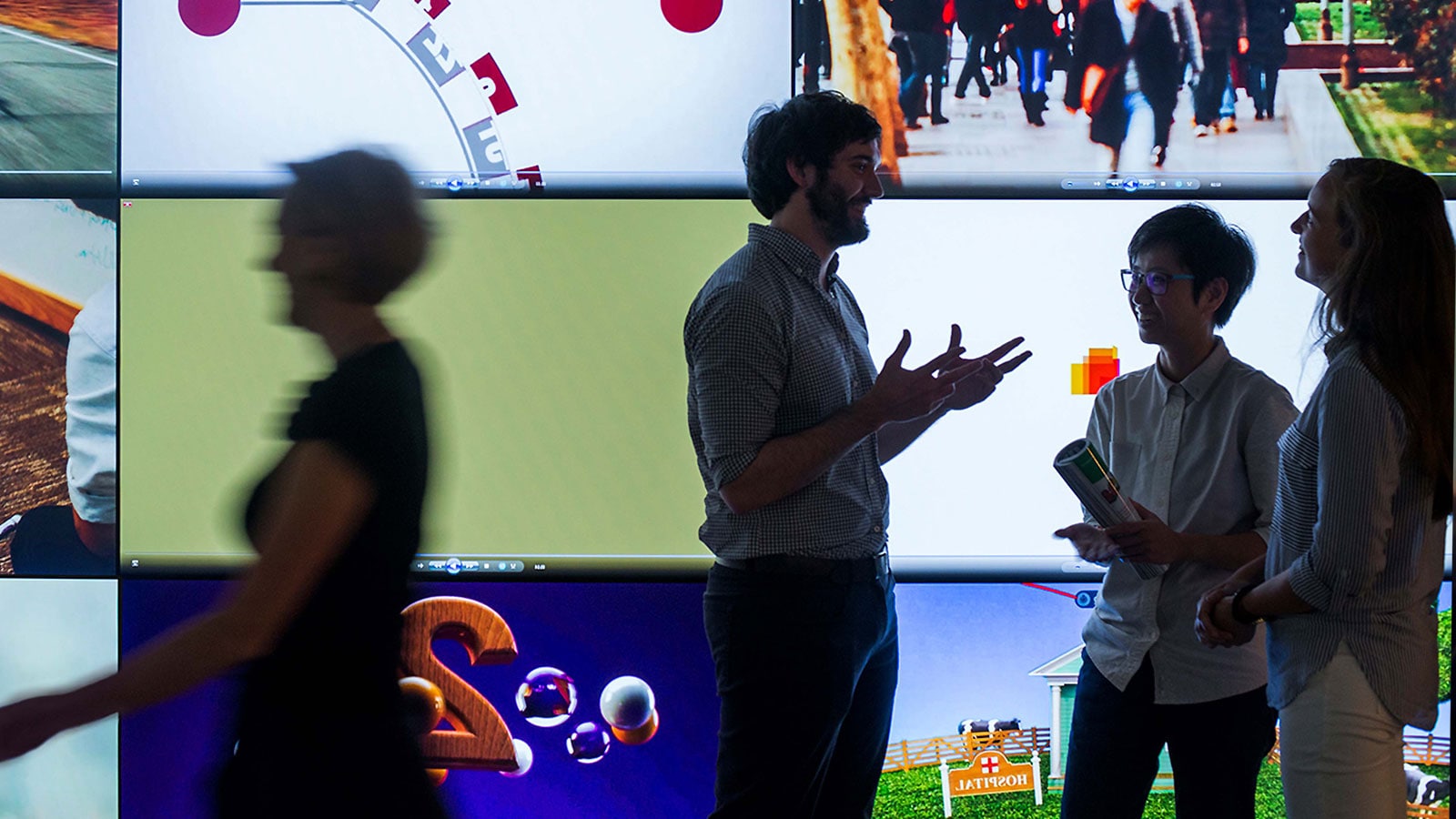
Market outlook
The overall number of deals has declined from its post-pandemic high of 2023 in TMT and other sectors. However, the already significant easing of the eurozone’s monetary policy as well as the newly adopted, more lose fiscal rules in Germany are expected to provide a major growth stimulus to the German economy and to attract further investor capital. This optimism is further supported by the still-significant exit backlog among private equity investors and at or near record levels of dry powder as well as low valuations in Europe compared to the US market.
The geopolitical situation and US policies, especially regarding trade, will certainly be relevant factors for M&A worldwide and in Germany, with its economy being highly exposed to trade. The volatility of policies makes it hard to predict what the likely impact will be. On the one hand, heavily rising tariffs and focus on local supply chains are expected to hurt economies and deals. On the other hand, a continued restrictive stance of the US Federal Trade Commission (FTC) towards M&A might direct investors’ attention towards Europe and Germany. Also, better than expected tariffs and trade deal outcomes, be it with the USA or other regions, might raise the attractiveness of European M&A markets again.
Contact us





